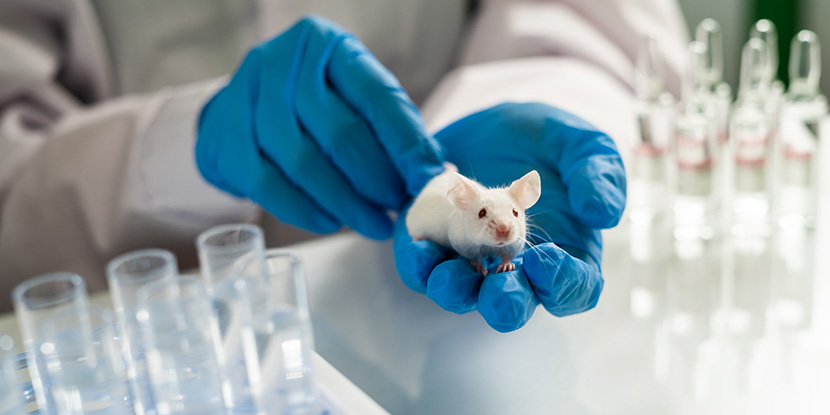
The UK Supreme Court upheld an appeal by Kymab in the case against Regeneron regarding transgenic mice by a majority of four to one ©filin174/ADOBE STOCK
This seven-year long case finally reached its conclusion in June 2020. In what surprised many pharma lawyers, the court upheld Kymab’s appeal, and revoked Regeneron’s patents. In fact, all but one judge backed the final verdict.
Regeneron first filed its patents for genetically-modified mice in 2001. In 2013, Regeneron sued Kymab for infringement of its patents relating to its VelocImmune transgenic mice platform. The patents concerned were EP UK 13 60 287 and EP UK 22 64 163. However, the two Regeneron patents were found invalid for insufficiency at the first instance. But judge David Kitchin also noted that, had the patents been valid, Kymab would have infringed them through its use of transgenic mice. This conclusion meant that both parties could appeal the respective findings.
In response, Kymab argued that Regeneron’s 2001 patents were invalid for lack of sufficiency, suggesting a person skilled in the art would be unable to reproduce the invention. Ultimately, the Court of Appeal declared that Regeneron’s patents held enough information to enable a person skilled in the art to reproduce the process to a certain extent, although also found sufficiency did not stretch to the whole patent application. The court then upheld the patents, and Kymab appealed the decision. The Supreme Court has now declared its judgment in Kymab’s favour.
The dispute is so important because it concerns ground-breaking technology involving antibody-producing mice. According to the parties, the antibodies can help tackle some of the world’s most challenging diseases including HIV, Ebola, malaria and cancer. It also supports a potential COVID-19 vaccine development.
Some UK lawyers also speculated about what the decision means for the UK life sciences industry going forward. Nevertheless, the Supreme Court’s decision sets a precedent regarding sufficiency in UK patent jurisprudence.